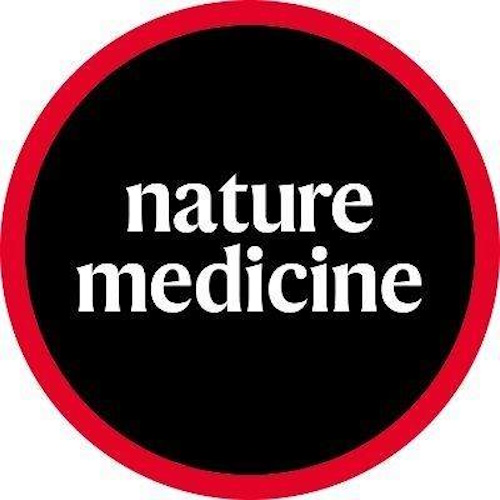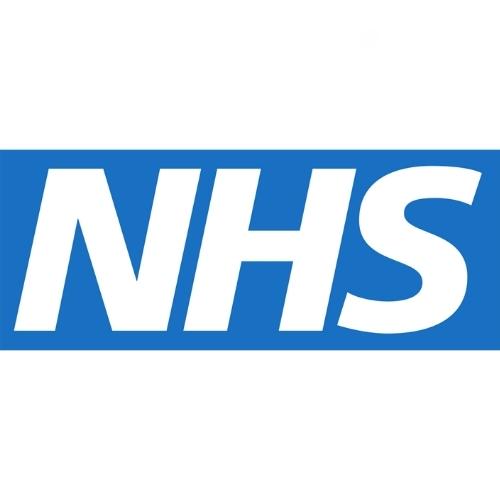Key points from article :
AI-powered 3D heart scans, now used in 56 NHS hospitals in England, are transforming cardiac care by speeding up diagnoses and reducing the need for invasive tests. The technology, known as HeartFlow, turns a CT scan of a patient’s heart into a personalized 3D model, allowing doctors to identify and assess coronary artery blockages more accurately and efficiently.
A recent study published in Nature Medicine found that HeartFlow reduced the need for invasive angiograms by 16% in cases where no further treatment was necessary, and by 7% overall. It also cut the number of second heart tests by 12%. Since its rollout in 2021, the technology has saved the NHS an estimated £9.5 million, benefiting over 24,300 patients by avoiding unnecessary procedures.
The 3D scans are particularly valuable for patients at risk of coronary heart disease (CHD), which can cause heart attacks or failure. This technology allows many patients to be treated with medication and lifestyle changes, while invasive procedures are only used when absolutely necessary. In addition to improving efficiency, it empowers patients by providing them with a clearer understanding of their diagnosis and treatment plan.
One patient, Sarah Remnant, shared how the technology quickly identified a significant narrowing of an artery, allowing for timely surgery and saving her life. The research, funded by the Medical Research Council, demonstrates the tool’s broad benefits for patients, regardless of their location.






